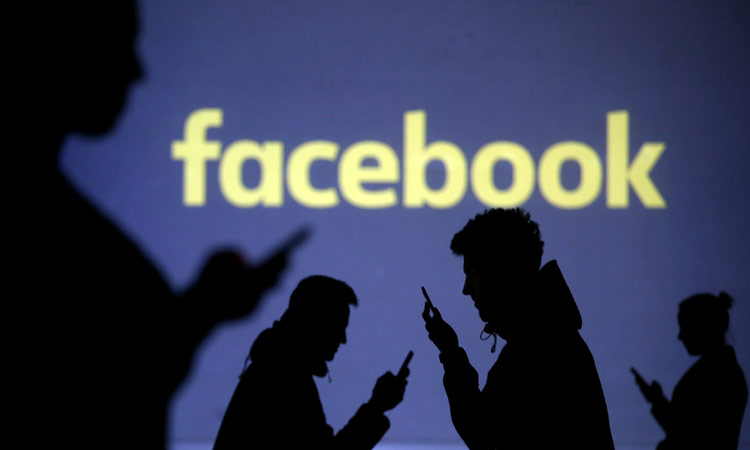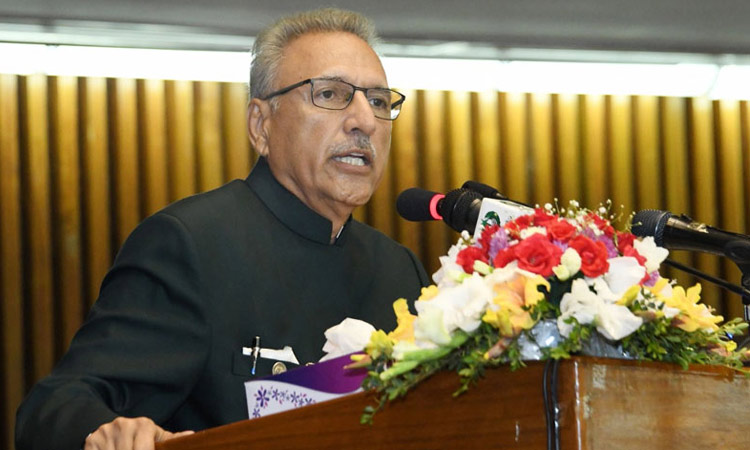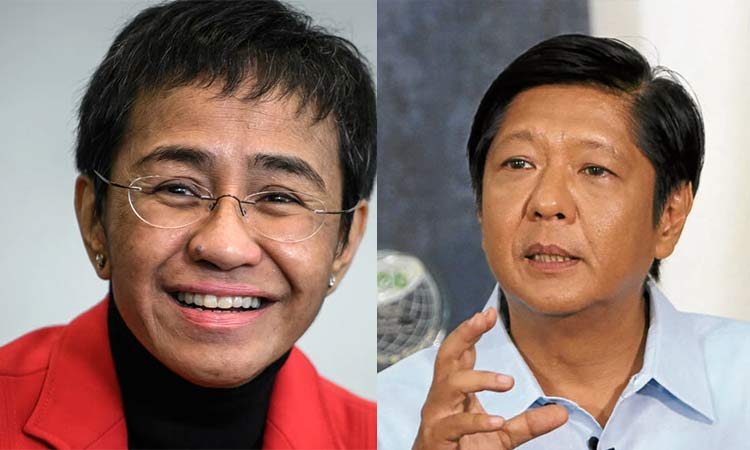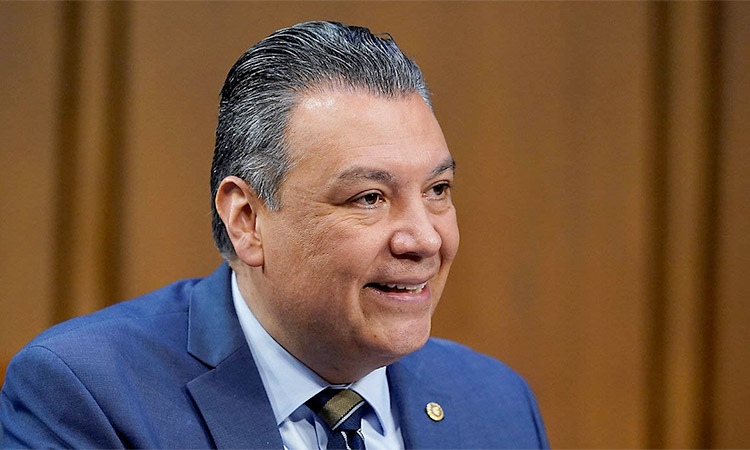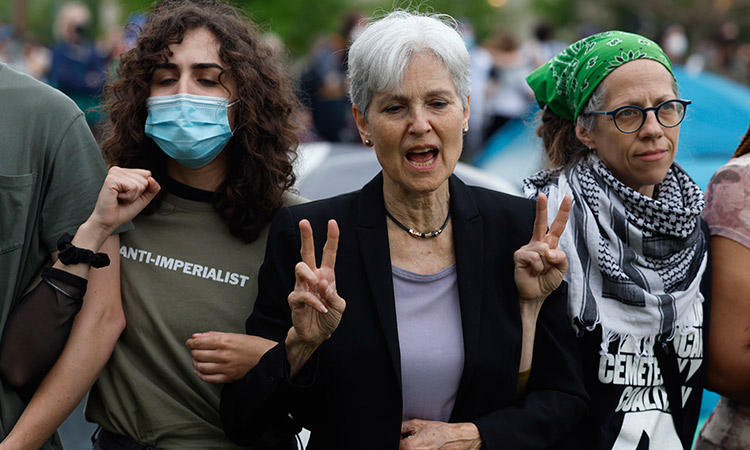Monitoring damaging content on social media

Illustrative image.
Voters in Bangladesh, Indonesia, Pakistan and India go to the polls this year as more than 50 nations hold elections, including the United States where former President Donald Trump is looking to make a comeback.
Despite the high stakes and evidence from previous polls of how fake online content can influence voters, digital rights experts say social media platforms are ill-prepared for the inevitable rise in misinformation and hate speech.
Recent layoffs at big tech firms, new laws to police online content that have tied up moderators, and artificial intelligence (AI) tools that make it easier to spread misinformation could hurt poorer countries more, said Sabhanaz Rashid Diya, an expert in platform safety.
AI-generated deepfakes have already been used to deceive voters from New Zealand to Argentina and the United States, and authorities are scrambling to keep up with the tech even as they pledge to crack down on misinformation, according to Reuters.
The European Union – where elections for the European parliament will take place in June – requires tech firms to clearly label political advertising and say who paid for it, while India’s IT Rules “explicitly prohibit the dissemination of misinformation”, the Ministry of Electronics and Information Technology noted last month.
Alphabet’s Google has said it plans to attach labels to AI-generated content and political ads that use digitally altered material on its platforms, including on YouTube, and also limit election queries its Bard chatbot and AI-based search can answer.
Facebook’s owner Meta Platforms – which also owns WhatsApp and Instagram – has said it will bar political campaigns and advertisers from using its generative AI products in advertisements.
Misinformation on social media has had devastating consequences ahead of, and after, previous elections in many of the nations where voters are going to the polls this year, the Reuters report adds.
In Indonesia, which votes on Feb.14, hoaxes and calls for violence on social media networks spiked after the 2019 election result. At least six people were killed in subsequent unrest.
The critical US election and global events such as the Israel-Hamas conflict and the Russia-Ukraine war could “sap resources and focus that might otherwise be dedicated to preparing for elections in other locales,” Nuurrianti Jalli, an assistant professor at Oklahoma State University, said.
Political ads on Facebook – the biggest social media platform in the country with more than 44 million users – are routinely mislabelled or lack disclaimers and key details, revealing gaps in the platform’s verification process, according to a recent study by tech research firm Digitally Right.
In the past year, Meta, X and Alphabet have rolled back at least 17 major policies designed to curb hate speech and misinformation, and laid off more than 40,000 people, including teams that maintained platform integrity, the US non-profit Free Press said in a December report.
“With dozens of national elections happening around the world in 2024, platform-integrity commitments are more important than ever. However, major social media companies are not remotely prepared for the upcoming election cycle,” civil rights lawyer Nora Benavidez wrote in the report.
“Without the policies and teams they need to moderate violative content, platforms risk amplifying confusion, discouraging voter engagement and creating opportunities for network manipulation to erode democratic institutions.”
Some governments have responded to this perceived lack of control by introducing restrictive laws on online speech and expression, and these could lead social media platforms to over-enforce content moderation, tech experts said.
India – where Prime Minister Narendra Modi is widely expected to win a third term – has stepped up content removal demands, introduced individual liability provisions for firms, and warned companies could lose safe harbour protection that protects them from liability for third-party content if they do not comply

